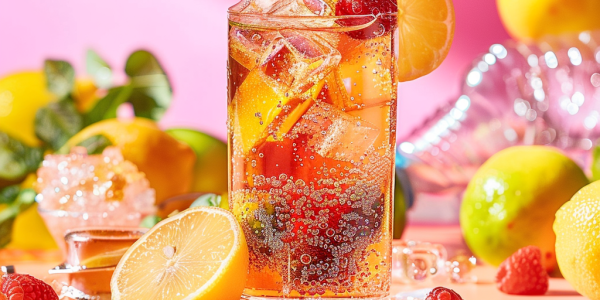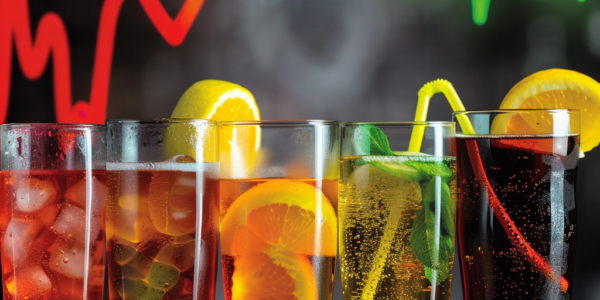The Rise of Diet Soft Drinks: Health Impacts and Environmental Concerns
The rise in diet soft drink consumption reflects a shift towards healthier choices as individuals seek to reduce sugar intake. However, concerns about the long-term health effects of artificial sweeteners and their environmental impact persist. Understanding these factors is crucial for making informed beverage choices.
Study Links Sweetened Beverages to Increased Risk of Irregular Heart Rhythms
Study published in Circulation: Arrhythmia and Electrophysiology links sweetened beverage consumption to increased risk of irregular heart rhythms. Consuming two liters or more per week of artificially sweetened drinks associated with 20% higher risk of atrial fibrillation. Conversely, consuming one liter or less of unsweetened juice per week linked to 8% lower risk. Observational study suggests potential health risks associated with sweetened beverages, shedding light on the impact on heart health and the need for further research.


